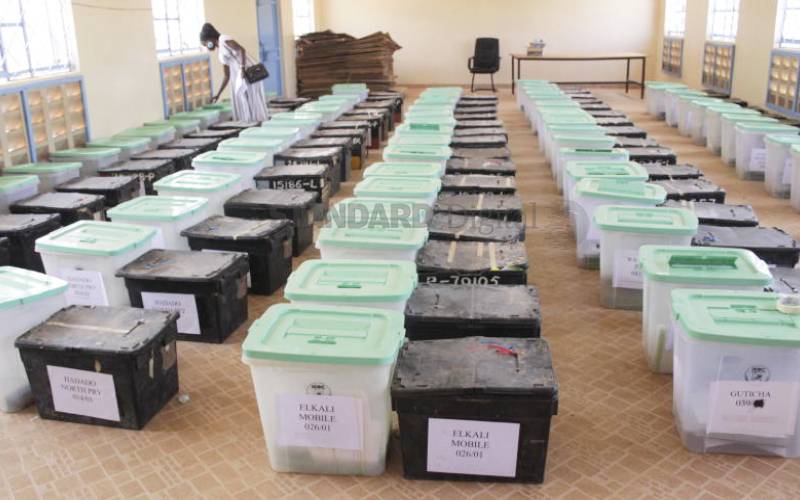×
The Standard e-Paper
Smart Minds Choose Us

Article 27 of the Constitution clearly and unambiguously declares and guarantees that all persons in Kenya are equal before the law and this equality includes full and equal enjoyment of all the rights and fundamental freedoms set out in Articles 25 and 26.